LaGuardia Design Group:Fairfield项目是一个新基础设施的例子,它为改善和恢复站点及其周围环境的自然系统创造了机会。项目现场突出显示了一座正在落入大西洋的破旧房屋;海岸线后退的结果。景观由过度生长的观赏和入侵性种植类型组成,超过了本土植物种类。新设计采用的是一种极简主义的开发方法,与基地自然系统相协调。石灰石的墙壁和梯田从地面升起,完全是本地种植的方式模糊了结构和场地之间的界限。最后就是一个在自然环境中感觉合适的项目。
LaGuardia Design Group:The Fairfield project is an example of new infrastructure creating opportunity to improve and restore the natural systems of a site and its surrounding context. The project site was highlighted by a dilapidated home that was falling into the Atlantic Ocean; the result of a receding shoreline. The landscape was comprised of overgrown ornamental and invasive planting types, which had outcompeted the native plant species. The new design relies in a minimalist approach to development, that harmonizes with the natural systems of the site. Walls and terraces of limestone rise out of the grade, with a completely native planting palate blurring the lines between structure and site. The result is a project that feels appropriate in its natural setting.
国家和地方机构为开发该房产引入了许多参数。最重要的是FEMA要求将新住宅提升到现有等级以上大约10英尺,以保护其免受未来风暴的影响。为了弥合建筑和场地之间的这种脱节,人们提出了在新住宅的南面重建一个大沙丘地貌的概念,在物理上保护和连接房屋和景观。这种新的dunescape是通过将5000立方码的当地回收沙滩沙塑造成蜿蜒起伏的形状来创造的,这些形状参照了自然形成的沙丘,这些沙丘以前就存在过。
National and local agencies introduced numerous parameters for developing the property. Most significant was a FEMA requirement to raise the new residence roughly 10’ above existing grade, protecting it from future storm events. To bridge this disconnect between building and site, the concept arose to reestablish a large dune landform to the South of the new residence, physically protecting and connecting the house and landscape. This new dunescape was created by shaping 5,000 cubic yards of local reclaimed beach sand into sinuous and undulating forms that reference the naturally created dunes, which had previously existed.
一片美国海滩草的海洋被用来稳定沙子,低质量的天然海滩李子和杨梅被分层,提供了更深的根结构来加固沙丘。认识到这项工程对环境的重要性,位于场地北部的费尔菲尔德池塘淡水边缘也进行了类似的修复工作。小心保存本地植物群落和栖息地;用手清除土壤和碎屑。一种新的多样的天然湿地植物基质被用来重建房子和池塘之间的湿地边缘和高地缓冲区,这些植物包括高灌木蓝莓、墨莓、开关草和互花米草。
A sea of American beach grass was used to stabilize the sand, and low masses of native Beach plum and Bayberry were layered in, providing deeper root structure to strengthen the dune. Recognizing the environmental significance of this undertaking, a similar restoration effort was implemented along the freshwater edge of Fairfield Pond, situated North of the site. Carefully preserving native plant communities, and habitat; soil and debris were removed by hand. A new diverse matrix of a native wetland plants including High bush blueberry, inkberry, switch grass and spartina grass were used to reestablish the wetland edge and upland buffer between the house and pond.
认识到恢复这些自然系统的重大影响后,我们有意识地决定在整个项目中只使用本土植物,即使在允许观赏性种植的地区也是如此。野外采集的本地柚子、杨梅和越橘的样本,成为设计中的突出特征。Carex pensylvanica被创造性地重新设计为特制的地被,用来代替装饰性的替代品。通过选择展示这些本土植物选项,景观成为更大环境背景下可持续发展的一部分;改善水质,创造栖息地,生物多样性,减少水和能源消耗。
Understanding the significant impact of restoring these natural systems, a conscious decision was made to use only native plants for the entire project, even in areas were ornamental planting would be permissible. Wild field collected specimens of native Shadblow, Bayberry and Winterberry were located, serving as prominent features in the design. Carex pensylvanica was creatively reimagined as a tailored groundcover, used in place of ornamental alternatives. By electing to showcase these native plant options, the landscape became a sustainable part of the larger environmental context; improving water quality, creating habitat, bio-diversity and reducing water and energy consumption.
项目团队
Chris LaGuardia, Ian Hanbach, Matt Horvath
Project Team
Chris LaGuardia, Ian Hanbach, Matt Horvath


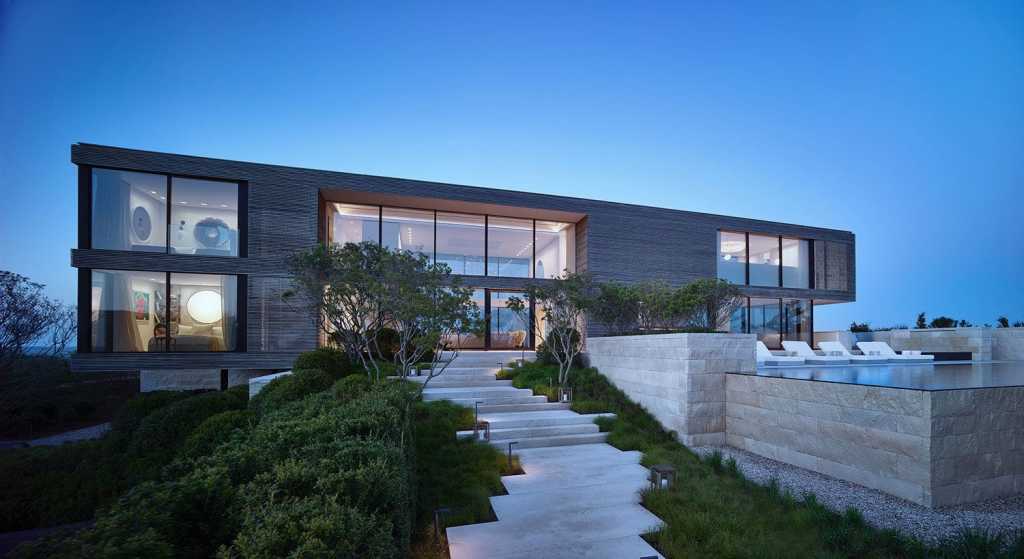
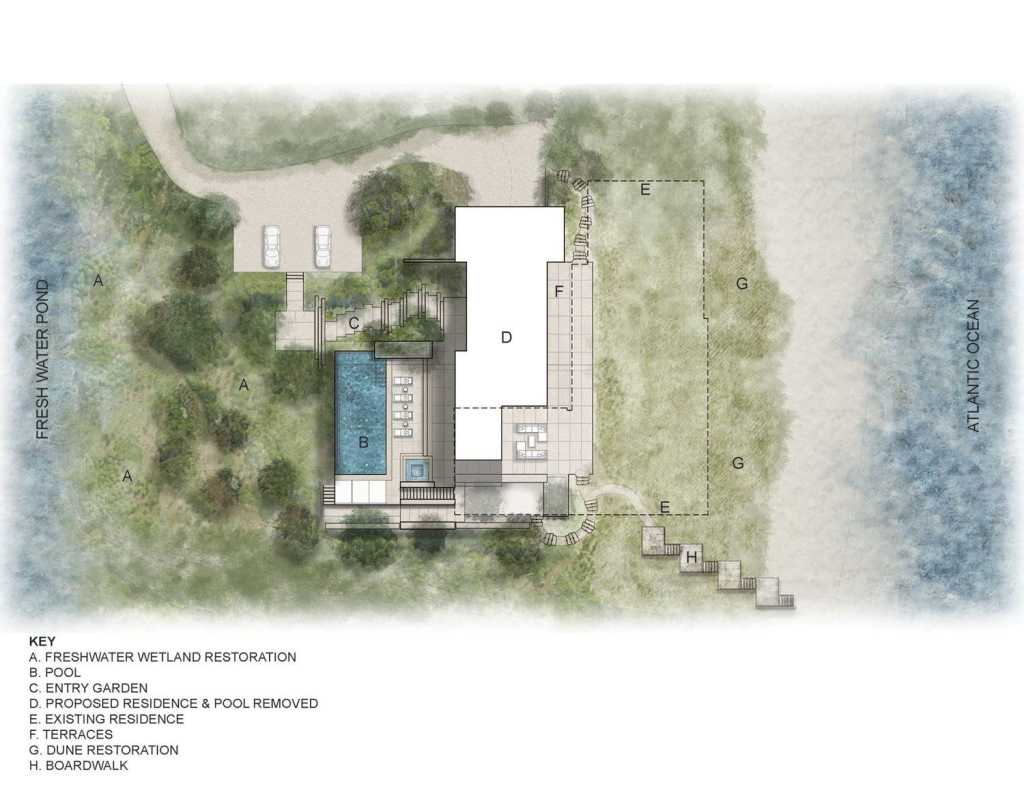
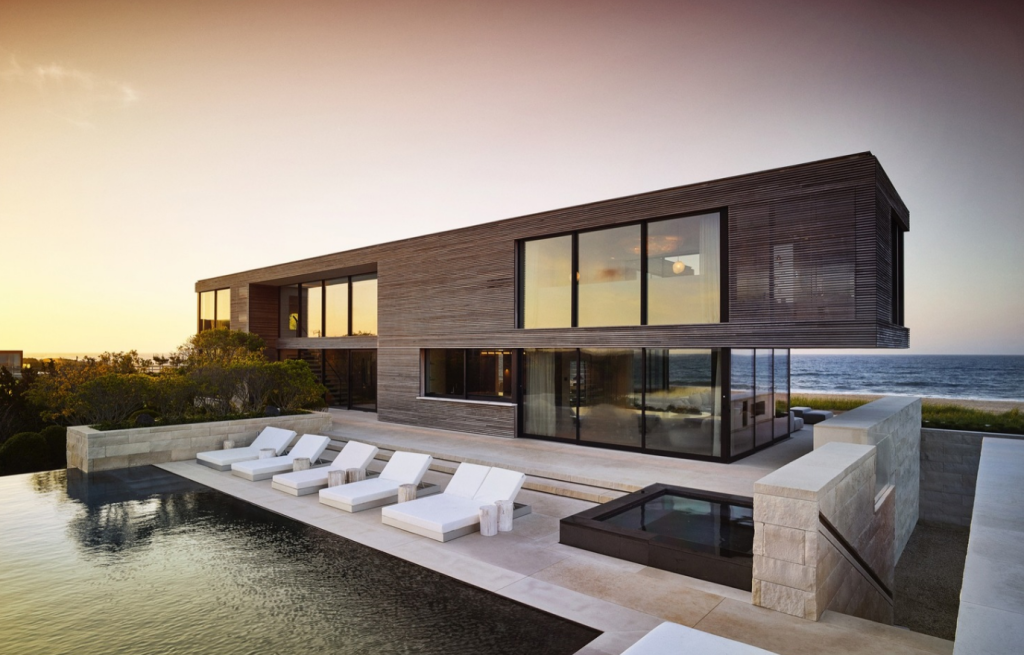
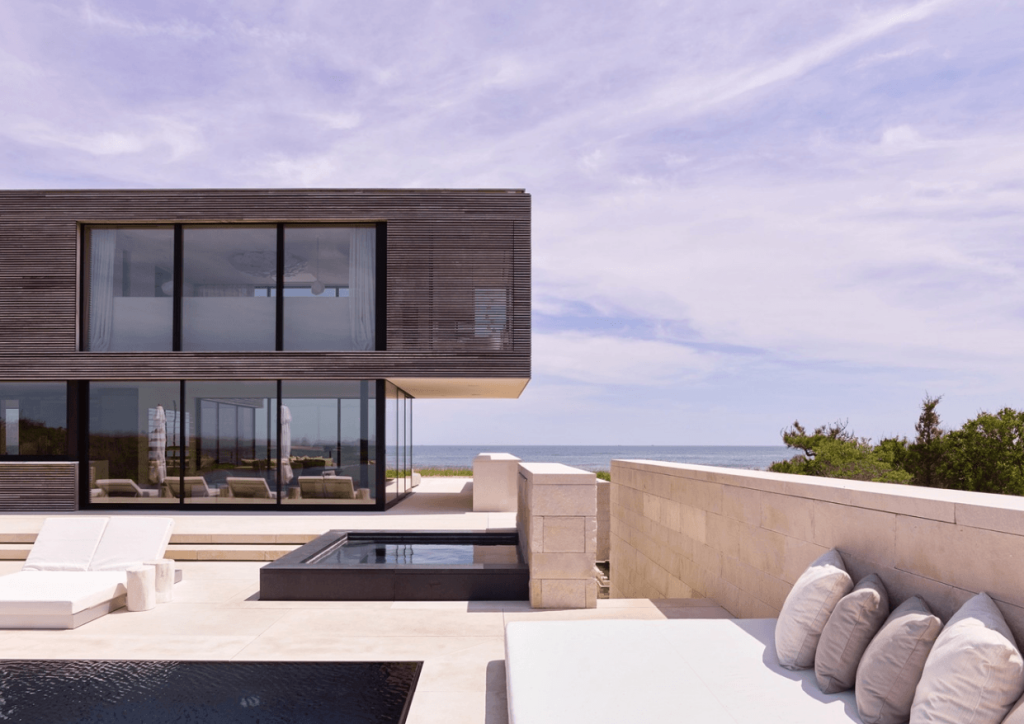
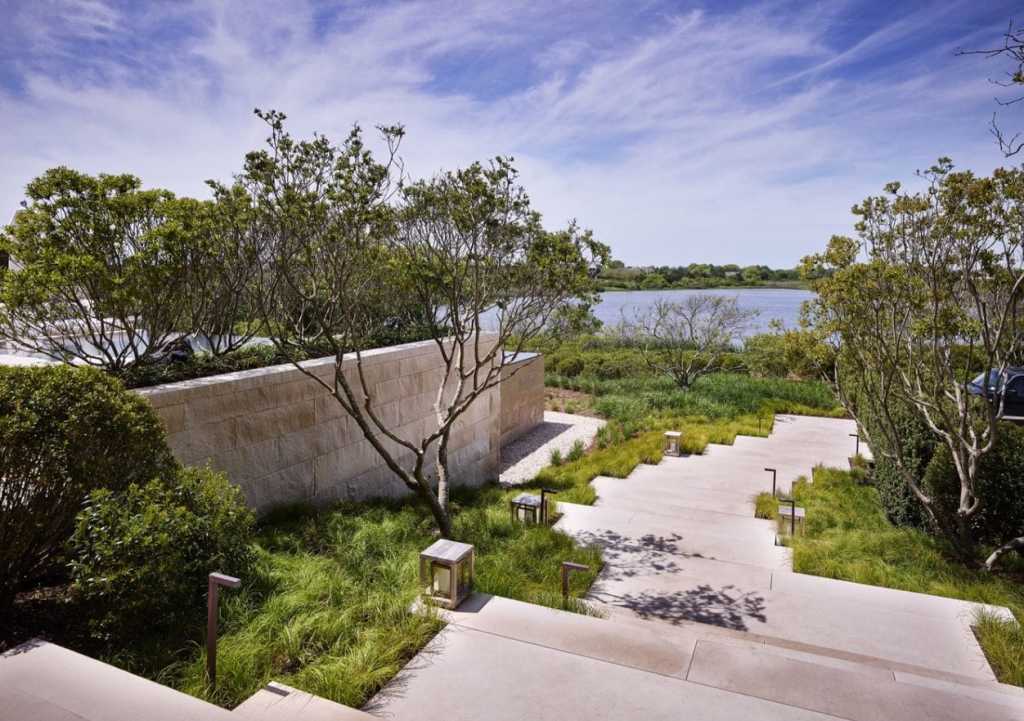


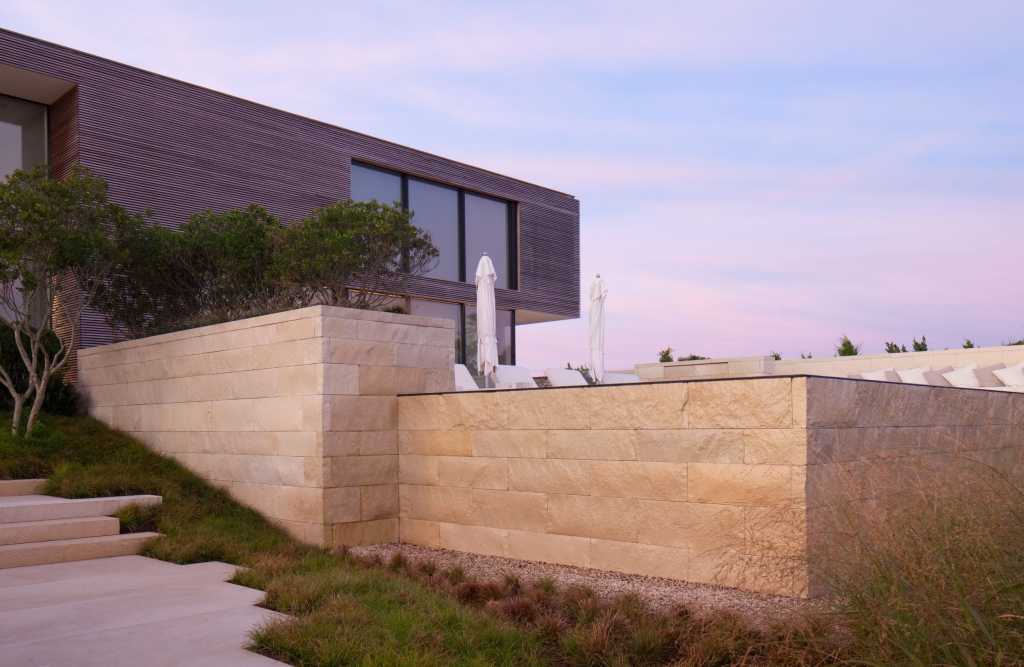
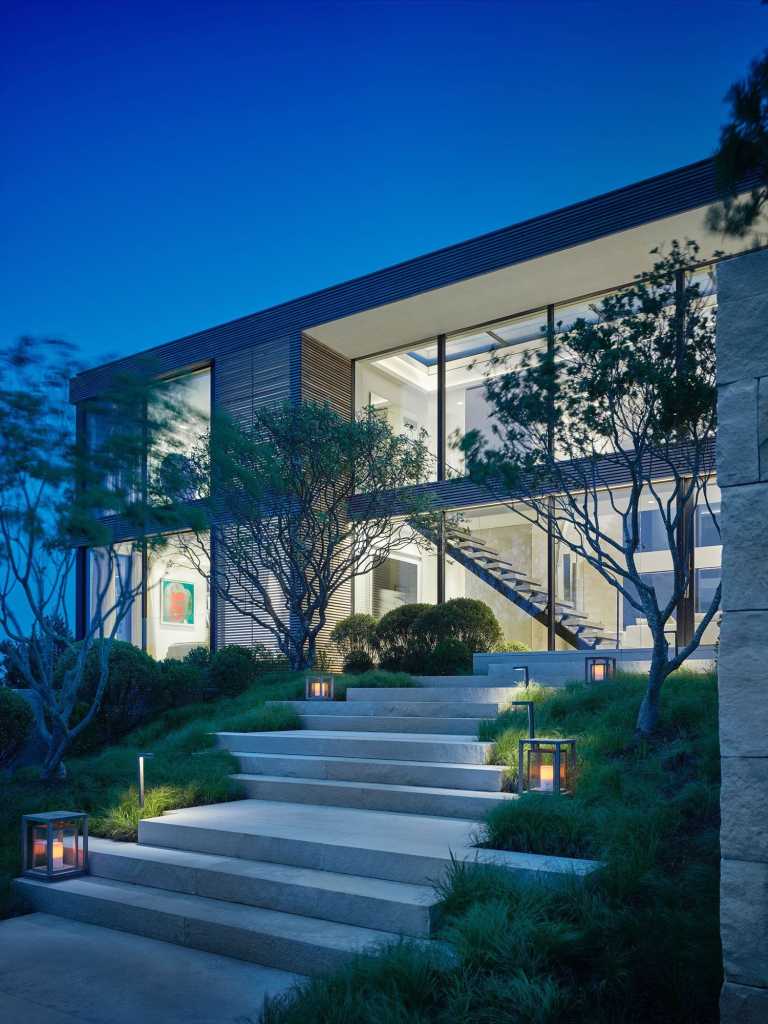
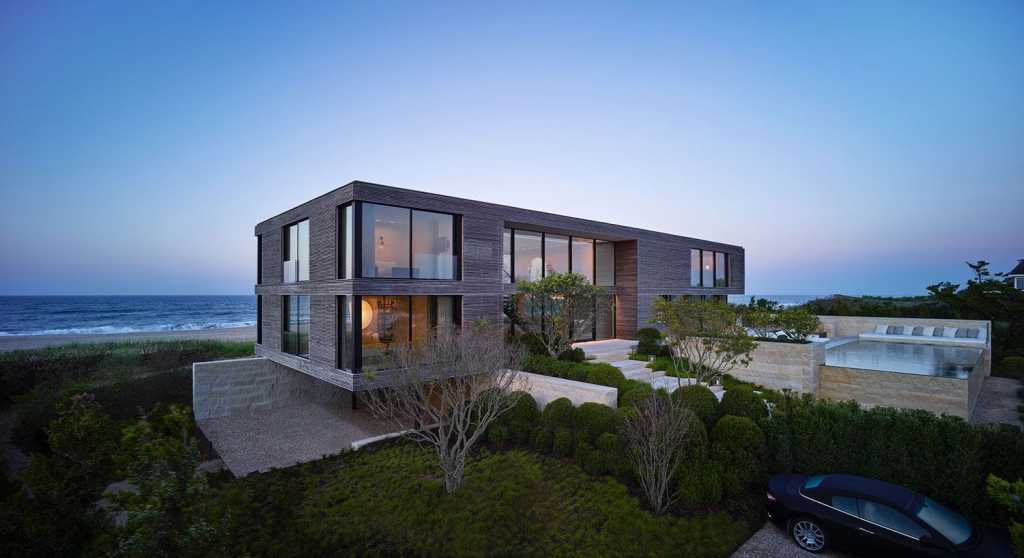
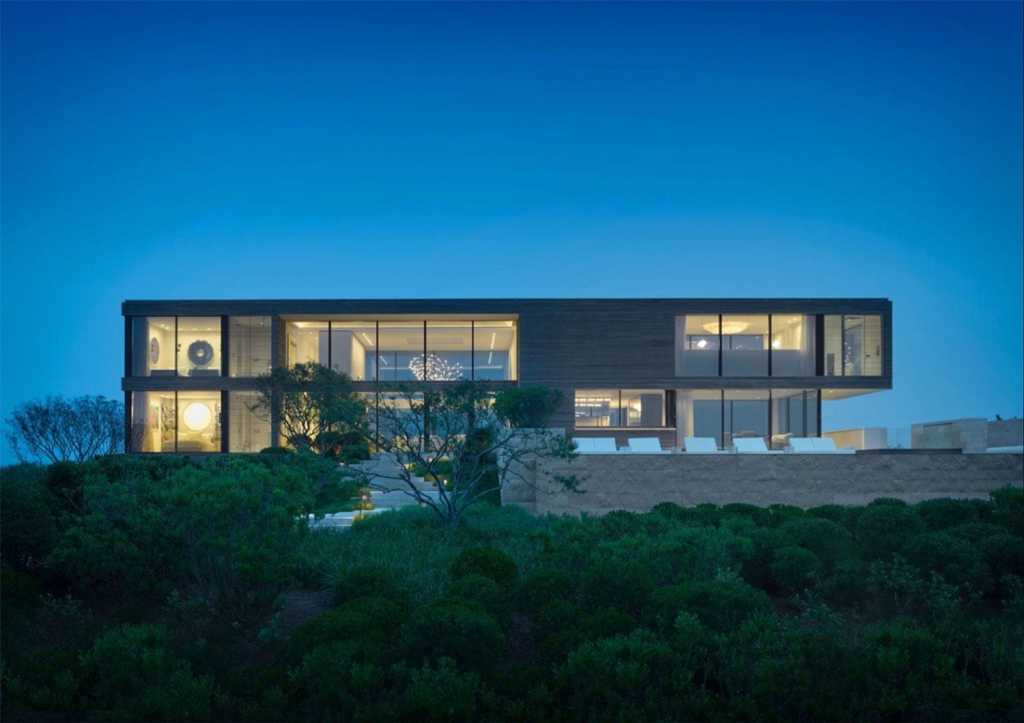
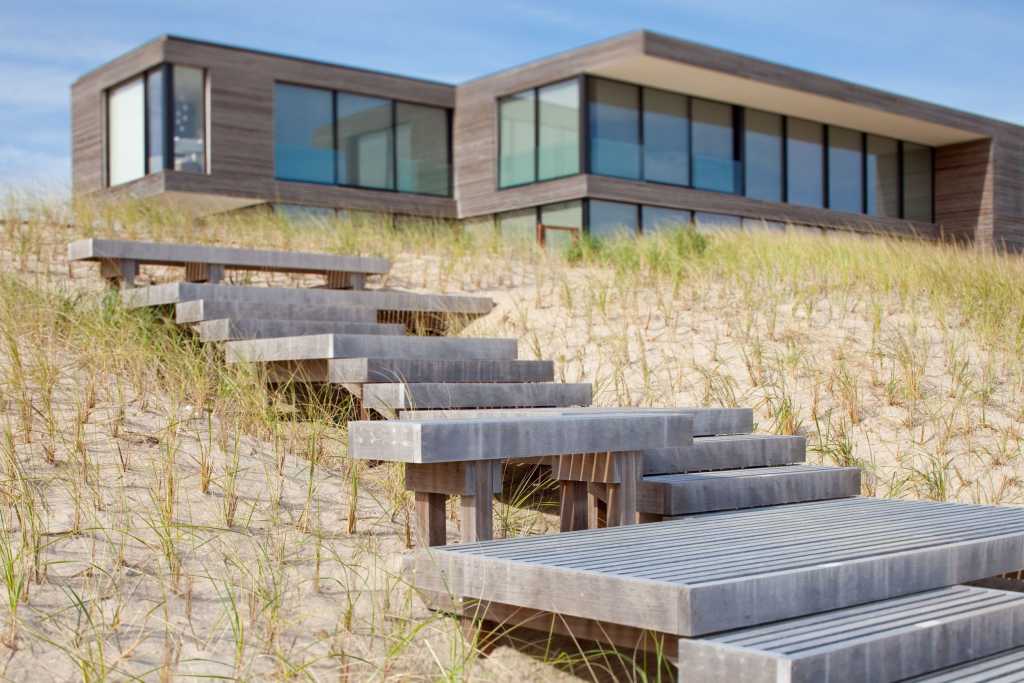
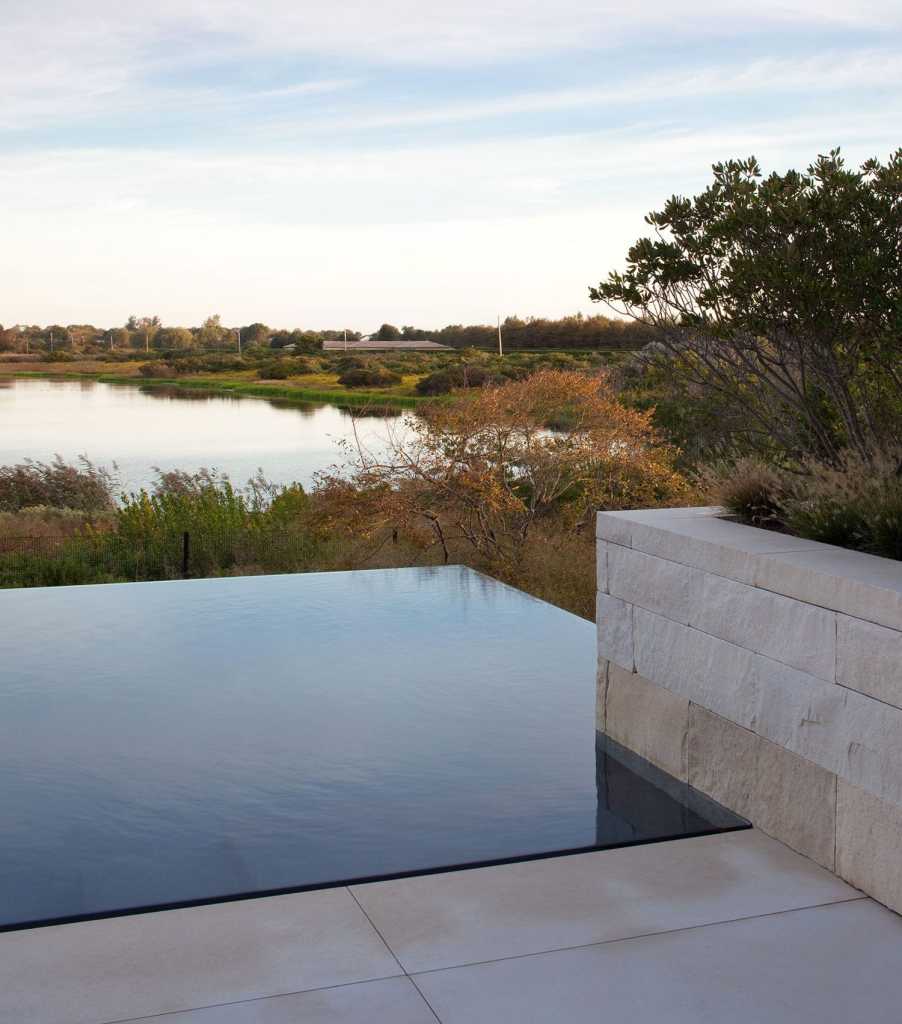

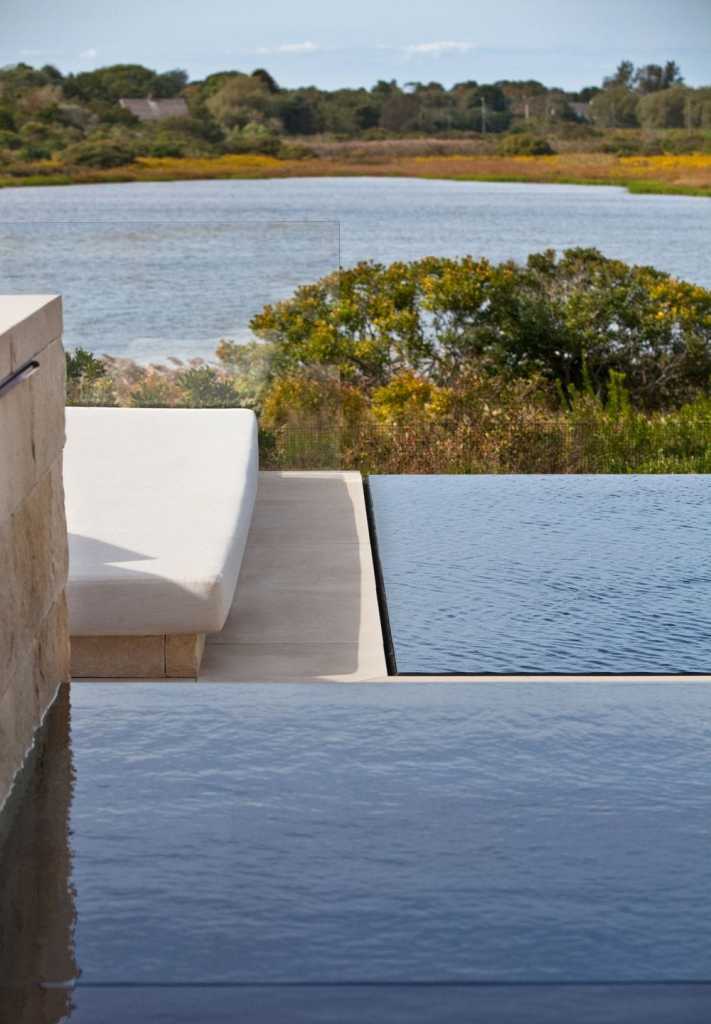
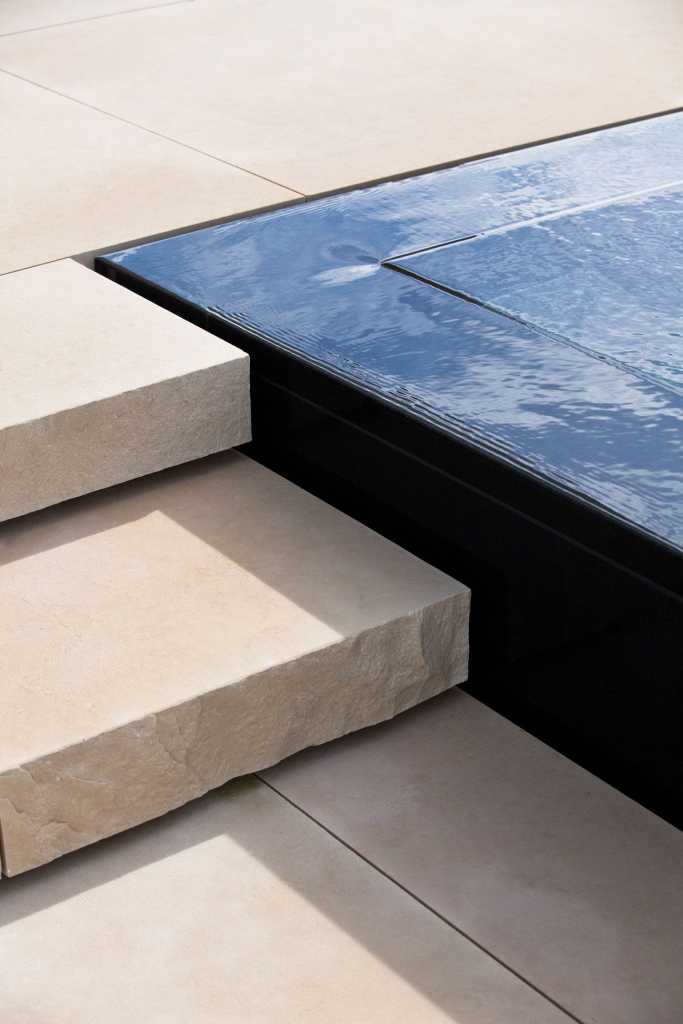

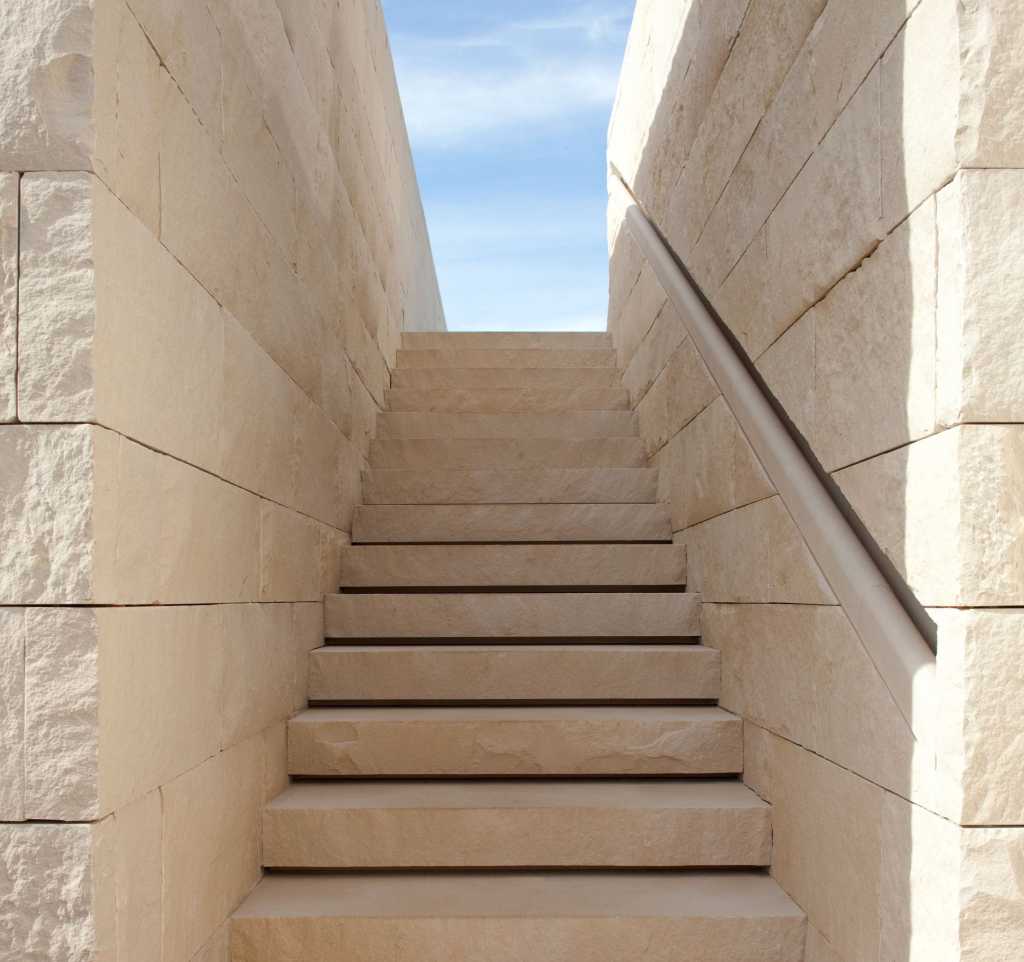



0 Comments